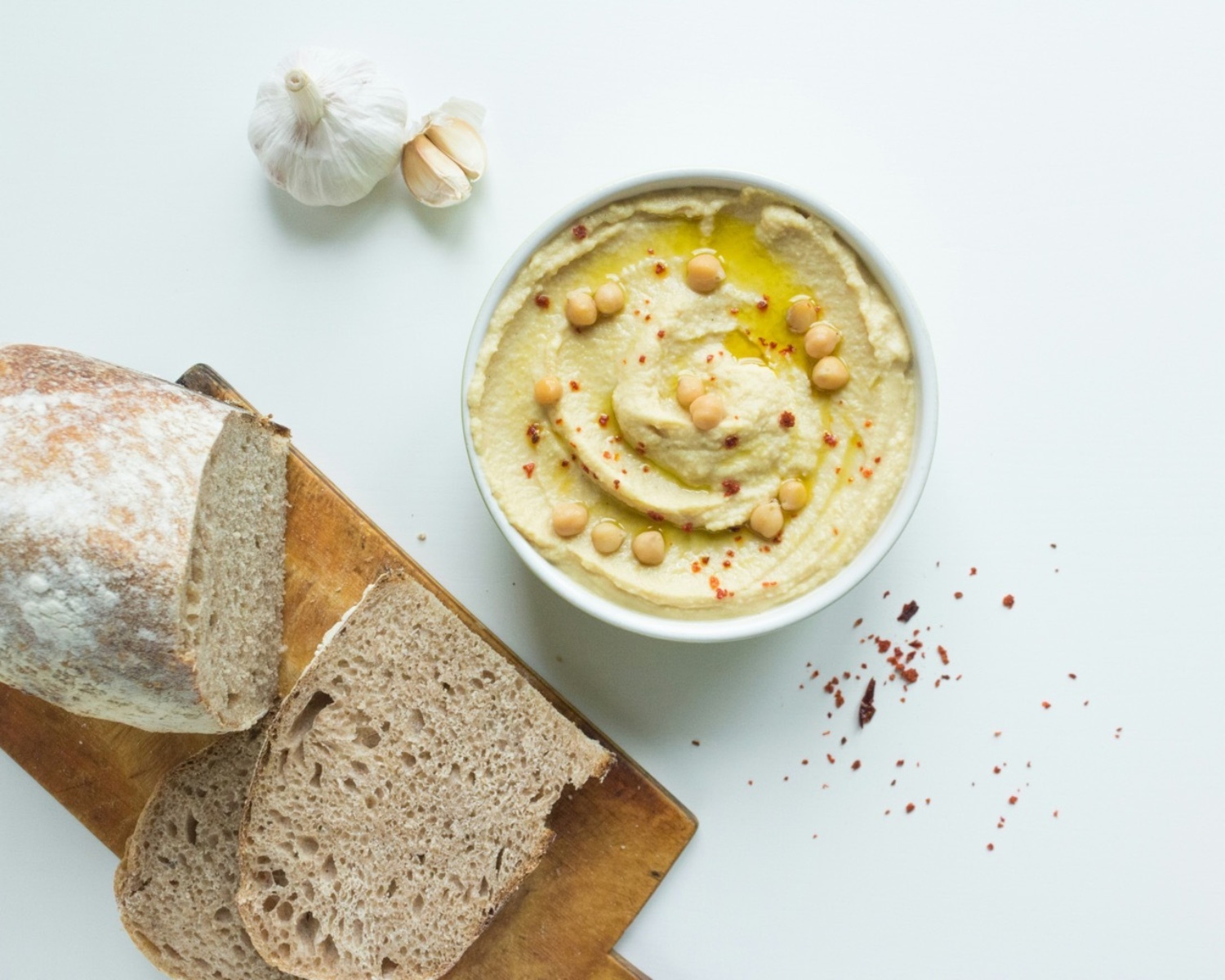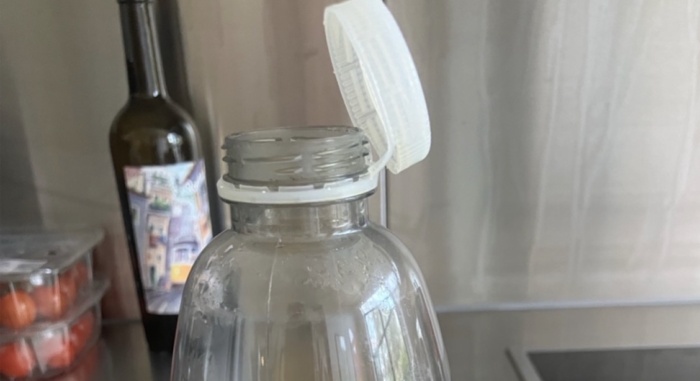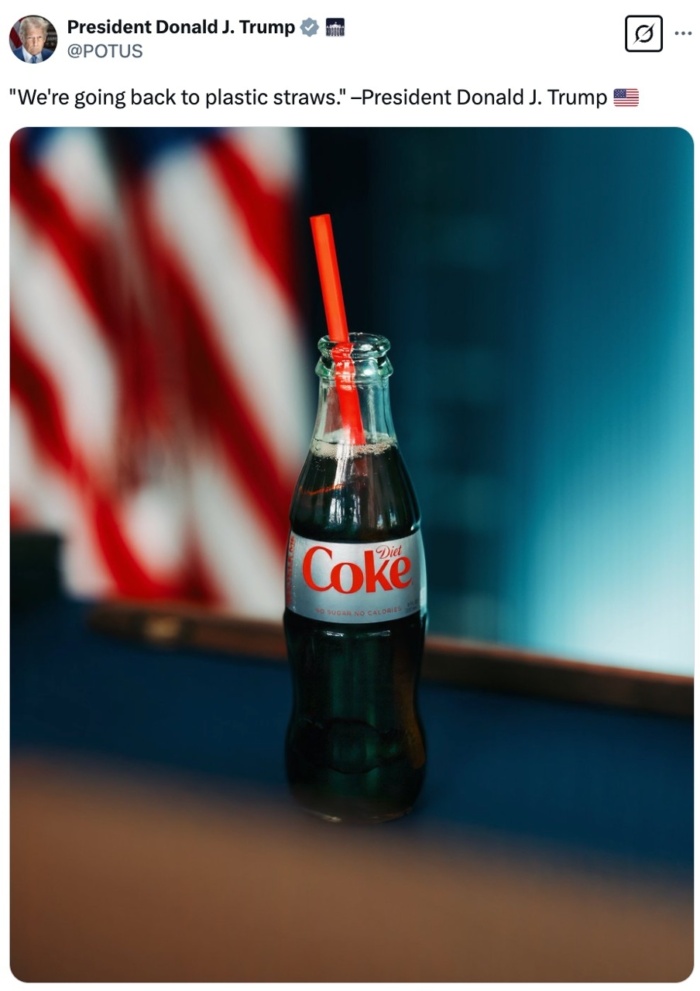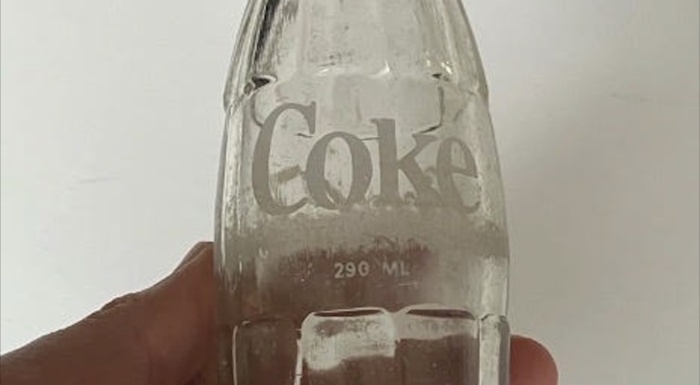
A lot of houmous gets eaten in my house. My daughters have even been known to request houmous and pitta bread for breakfast. So naturally we follow any developments in Tesco’s houmous packaging with interest. A little while ago, the removable plastic lid on our houmous disappeared. There is now just a flimsy film top and Tesco have announced that this innovation will take 31m pieces of plastic out of the picture[i]. Hooray.

Similar small changes are increasingly evident across our weekly shop. Drinks bottles now have the cap attached:

And even the humble cotton bud, once standing proud on its plastic pole, now wobbles atop a papery stick.
Nowadays, it’s hard to miss a growing tide of small tweaks to our everyday lives which aim to help us be more sustainable.
Predictably, some people find these annoying:

Others may decry the lack of impact of such tiny changes (at Behaviour Change, we’ve long argued for the need to move away from the ‘small changes make a big difference’ narrative if we are to get serious about net zero and the massive shifts needed to get there[ii]).
But in the face of the minor breakfast-time annoyances created by crusty houmous and fiddly orange juice lids, I’m starting to wonder if these changes might actually be achieving a lot more that we think.
By making the need for sustainable living obvious to us many times every day, could these changes be raising the salience of the whole topic? Could they be making sustainability feel…normal? Where once we just had recycling to remind us of our duty to the planet, now we have a multitude of little nudges telling us there might be something more important than our own convenience.
And the great news is that there’s more to come. Imagine how very mildly awkward it will be to have to return our drinks bottles to a supermarket when the deposit return scheme arrives in 2027. And think of the miniscule irritation we will experience when we start refilling our rice and pasta rather than buying a new bag every time.
At Behaviour Change, we revel in designing interventions that motivate people to be more sustainable. And while we wouldn’t typically advocate making them any more annoying than is strictly necessary, we watch with interest as small tweaks to our daily lives mount up into something that might be a lot more powerful than anyone imagined.
[i] https://plantbasednews.org/news/environment/tesco-sainsburys-hummus-lids-plastic/
[ii] https://behaviourchange.org.uk/blog/climate-covid-and-moments-of-change
Cover photo by Nicholas Barbaros on Unsplash
Share
RELATED ARTICLES
Opinion

Now is the summer of our discount tents
In the midst of festival season, David observes the impact of low-cost tents
21/08/24
Read moreBehavioural science

Let's refill like it's 1993
David shares what we can learn about circularity from his travelling around Africa in '93
10/04/24
Read moreBehavioural science

The psychology of switching energy suppliers: what holds us back?
With the rise of the Energy Price Cap, Polly looks at the psychology behind switching energy suppliers
06/03/25
Read more